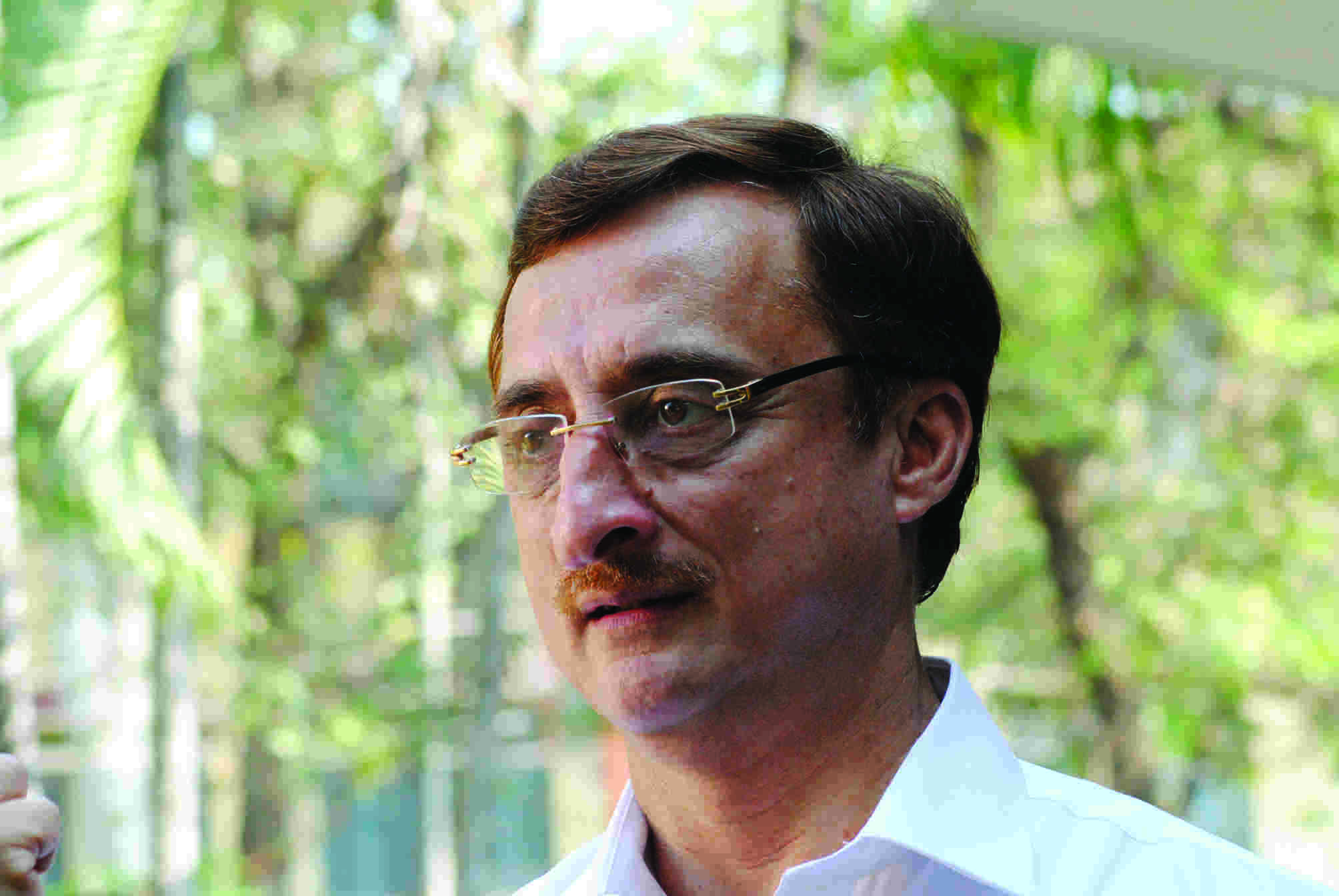'Come 2024 and you will see Sonia Gandhi leading the Opposition'

Vivek Tankha is known for his ability to cut across party lines when it comes to Madhya Pradesh politics. In his Second term as Rajya Sabha member, for which he was elected unopposed, we try to find what has changed and what has remained the same, for him and for his party. Vivek Tankha spoke candidly in a conversation with Gautam Sen of Millennium Post.
Q. What does the second term in Rajya Sabha mean to you?
A. Second term comes with more responsibility. First term to me was a new experience, out of which two and half years was a covid period, which was another kind of experience and I didn't lose any opportunity to serve people in my capacity as a RS member. I sincerely feel that every adversity is an opportunity, people who make the most of adversity, usually succeed.
So I am looking at the second term with lot more gravitas. With India getting digitized, we the members of parliament must facilitate this change. I will reconnect with youth, empower women and of course try to help the poor. In digital space I would like youth from my state of Madhya Pradesh to make private initiatives and get connected to the new India. Also there is a backlog of poor people who need to be brought up to the baseline; their housing, education, medical needs and job requirements have to be addressed aggressively.
Q. How do you see Congress party doing in Madhya Pradesh? You have been elected unopposed, which means you mean a lot to them as a representative in the Upper House.
A. My relationship with senior leaders is so transparent, easy and good, that they let me do all developmental work without a question. Also they accept my advice whenever I have given them one and have acted upon it with all seriousness. So in my second term as a member, I expect them to help me perform my duties better. The entire Madhya Pradesh Congress supported my candidature in one voice during this Rajya Sabha election.
Q. So are you part of the G-23 now or has it changed with your getting back to Rajya Sabha?
A. I was always at peace with the top Congress leadership and I had tweeted when press termed it as a rebel group that it was not so. An internal dialogue of party issues were leaked to the public and termed as G-23. Our attempt was to see congress getting revitalized so that the country can have a viable alternative. An opposition in India is not possible without congress and its revival. As we get closer to 2024 election, a structured opposition will take shape and congress will play the centrifugal force. Today we are led by Mrs Sonia Gandhi and you will see that it is Sonia ji who will lead the opposition unity when it is required in 2024, as she played the role of a catalyst in 2004, which brought in the UPA.
Q. How do you distribute your time between your profession as a senior Supreme Court lawyer, a Rajya Sabha member, a Rotarian from Jabalpur and as a concerned Kashmiri?
A. I work 24 x 7 and I don't like to be idle. So when I am not pleading a case I am working as a Rotarian organizing medical camps in Madhya Pradesh and Chhattisgarh, where we have treated half a million people. My social work started much before my political career and so all of this blends into one, which is my active public life.
Q. My final question is on Kashmir. As a Kashmiri what do you see as a solution to the trouble brewing in the valley?
A. My take about Kashmir is simple, how can you achieve peace without talking to the stakeholders, the civil society of Kashmir. Govt always discusses Kashmir's problems with its agencies, they don't discuss it with people of Kashmir. Kashmir has a complex problem, which cannot be solved by talking to only one set of people. Kashmir's problem started in 1947 and is still continuing. I agree that people who had power in Kashmir did not necessarily have the support of people all the time, which led to alienation. But the good part is that a large section of people want peace in the valley provided they are treated as equals like any other Indian and given the same respect. Sufis of Kashmir think differently, women of Kashmir think differently, the youth of Kashmir think differently, older people think differently; you have to address them separately but in a comprehensive manner by someone who belongs to Kashmir.



